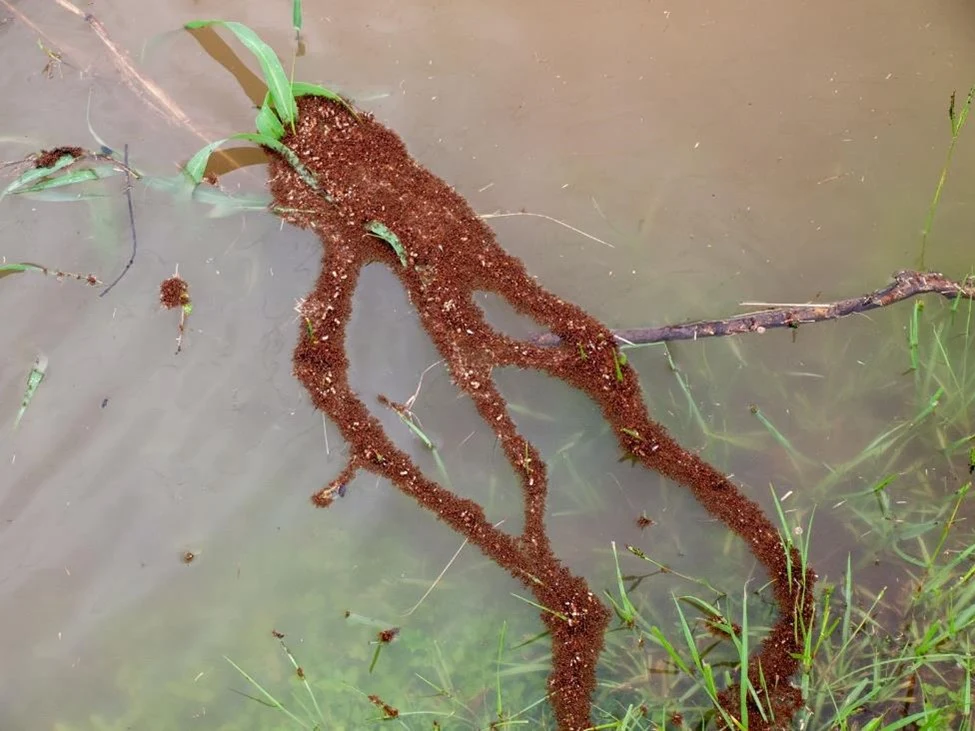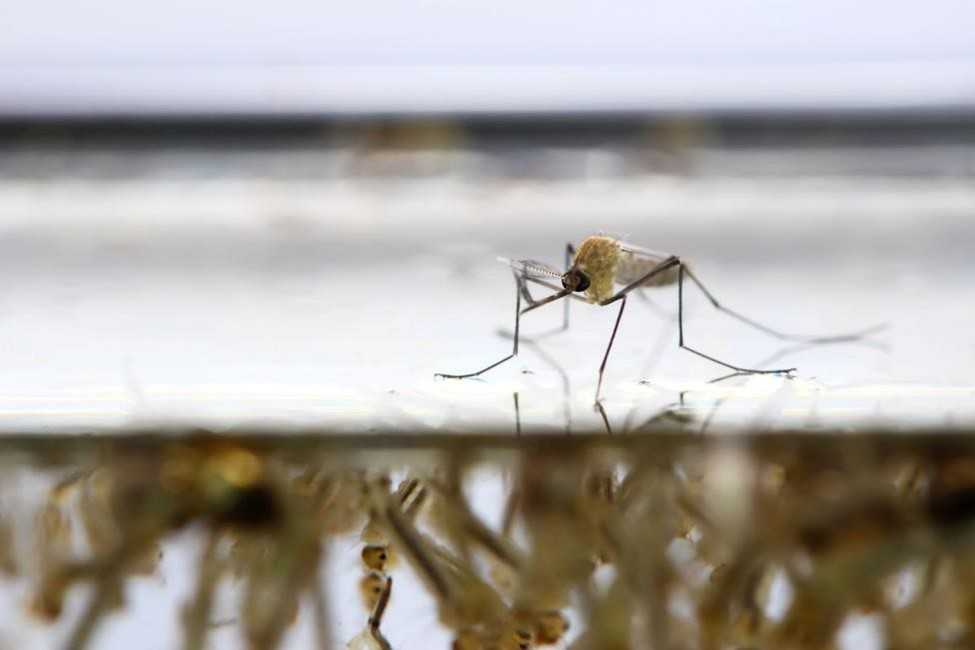Author:
John Judge, Sr. Director of Field Operations – Certified Pest Control Operator, FL
Along with the destruction directly caused by hurricanes and flooding, extreme weather can provide an opportunity for pests to thrive. Knowing the signs of an infestation and eliminating conditions that increase the risk of pests can help you stop a problem before it starts.
Why Do Pests Infest Your Home?
Pest pressure depends on what pest control professionals refer to as “the three pillars.” These three pillars are:
- Food
- Water
- Shelter
Unfortunately, during storm conditions, all three are widely available to pests in or around your home. From hiding in random debris, sneaking into damaged homes, and even breeding or moving along in standing water, pests can outlast, and even thrive in, storm conditions.
Common Pests After a Hurricane
While there are all kinds of unusual wildlife and pest conditions that exist in the wake of big storms, mosquitoes, rodents, and fire ants are some of the pests you might be most likely to experience following hurricanes.
Mosquitoes
Flooding and standing water can be a big draw for mosquitoes. Because mosquitoes lay eggs in stagnant water, post-hurricane conditions can lead to thriving mosquito populations and all the health risks associated with them.
Cities and counties will often use widespread mosquito control tactics, such as arial spraying, when mosquito pressures increase. If you’re still bothered by mosquitos on your property, there are more strategic and targeted options pest control professionals can offer. Often, this is an Integrated Pest Management approach that includes tactics like removing standing water breeding sites to targeted applications that stop larvae from growing.
Rodents
Just like us, rodents need a way to get out of the storm conditions. Although hurricane damage is filled with hazards for us, it can also create an opportunity for rodents like mice and rats to get into homes. Rodents may find food and shelter among uncleared debris and can often get easy access into homes when storm conditions create even the smallest points of entry in a structure.
Fire Ants

Fire ants are underrated mariners that link together to create raftlike structures to float during floods and storm surges. Once waters recede, the colony will make a new home wherever they land. Keep an eye out for any floating groups of ants that pose a danger in flood waters, and be sure to look for new dirt mounds that might indicate the presence of fire ants after floods recede.
Hurricanes and Existing Pest Damage
Pest problems often go unnoticed because they occur in hidden areas of your building. When severe storms destroy your building or push you to make extensive repairs, you may discover signs of pests you otherwise wouldn’t have noticed. However, even if your property hasn’t suffered extreme damage, relatively small openings caused by storm surge or high winds can still result in pest pressure.
While you’re assessing any damage to your home, keep an eye out for unusual occurrences in your building, such as loose dirt around your baseboards or under carpets. Although storms can lead to unusual conditions, it’s also possible that you’re just discovering an ongoing infestation that you only found because you opened up the walls or pulled back a few layers of flooring.
In any case where you are repairing or rebuilding damage caused by the storm, one silver lining is the ability to “build back better,” or use preventative treatments so future pest damage can be avoided. For example, a borate pretreatment for wood studs can help prevent damage from termites or other wood destroying organisms.
If you’re unsure where to start with preventing pests during flood conditions or just want help identifying the many ways pests can enter your home during flood conditions, our team is ready to help.
"*" indicates required fields
"*" indicates required fields




